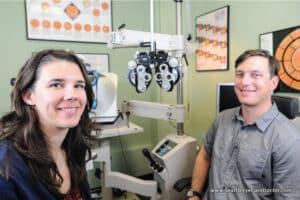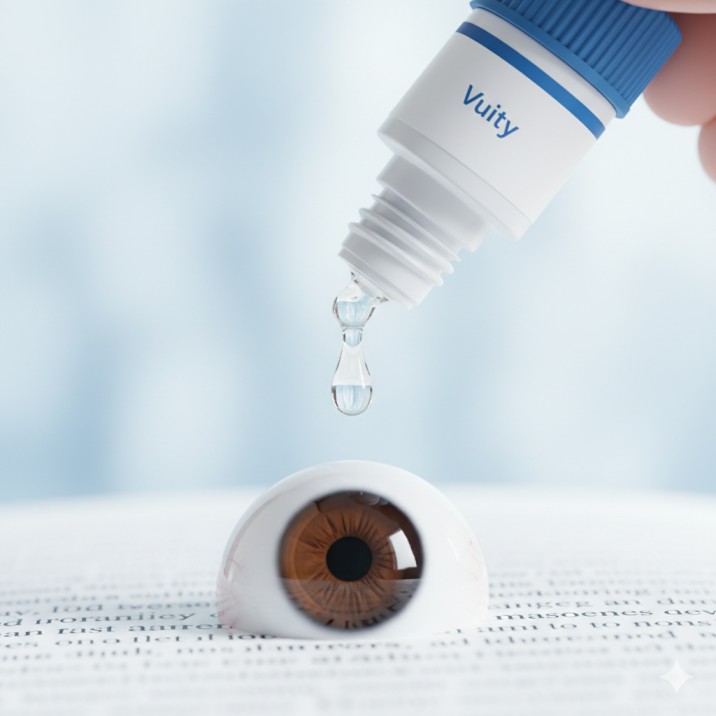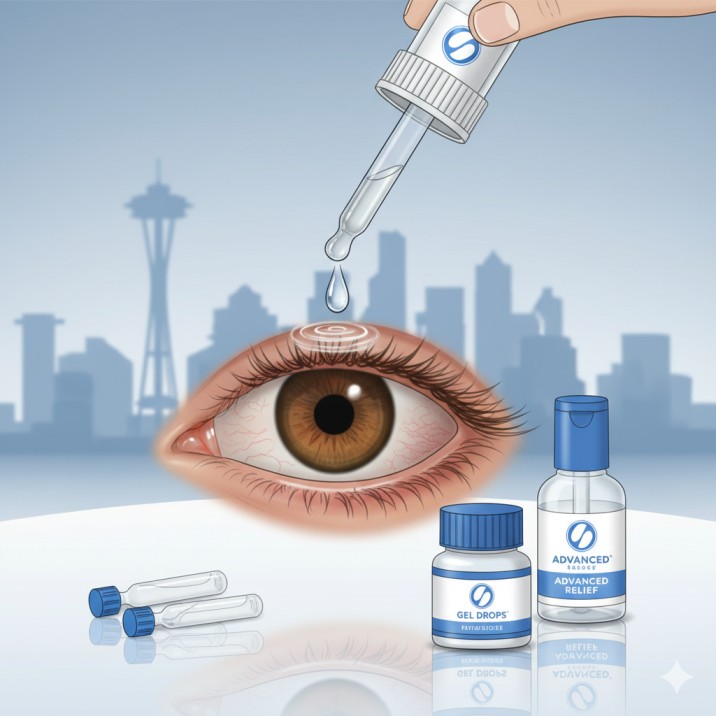How to Prepare for Your Seattle Eye Exam in 7 Steps

Prepare for Your Seattle Eye Exam: 7 Tips for Success
Getting ready for your eye exam at Cannon EyeCare in Seattle ensures you maximize your valuable time with our optometrist. Whether seeing an optometrist or ophthalmologist, appointments are typically concise (10-40 minutes). Being prepared helps us focus entirely on your vision health during your Seattle eye exam.
1. Bring Your Current Glasses (Yes, Even Old or Broken Ones!)
Always bring your most recent glasses to your Seattle eye exam, especially if visiting Cannon EyeCare for the first time. Even unworn or damaged glasses provide crucial data about your prescription history. This helps our Seattle optometrist precisely determine your new glasses prescription.
2. Wear Contacts & Bring Your Contact Lens Details
-
Wear your current contact lenses to your appointment.
-
Bring your contact lens prescription or packaging (box/foil). This information is vital if you’re a new patient.
Providing this allows our optometrist to refine your contact lens Rx efficiently – saving you time and ensuring a better fit.
3. Track Your Symptoms Beforehand
Prepare for your Seattle eye exam by noting:
- Specific vision issues you’re experiencing
- When symptoms began
- What worsens them
- What provides relief
Even 5 minutes of preparation helps our Cannon EyeCare optometrist accurately assess your concerns during your limited appointment time.
4. Document Immediate Family Eye History
Before visiting Cannon EyeCare, gather eye health history from:
- Parents
- Grandparents
- Siblings
- Your children
Genetic conditions like glaucoma or macular degeneration in these relatives directly impact your Seattle eye care plan.
5. Bring Insurance Cards
Ensure smooth processing at our Seattle clinic by bringing all vision/medical insurance cards. Without them, you’ll need to pay out-of-pocket for your eye exam at Cannon EyeCare.
6. Bring All Eye Medications
Pack every eye-related product you use:
- Prescription drops (from us or other providers)
- Over-the-counter solutions
- Vitamins/supplements for eye health
This helps our Seattle optometrist evaluate your complete eye care regimen.
7. Share Key Concerns Early
Your eye health is a partnership. At Cannon EyeCare, we prioritize:
- Discussing specific issues first (e.g., “My work monitor is blurry at 24 inches”)
- Your daily vision challenges
- Measurement details (like screen distance)
FAQs
-
What should I do to prepare for my eye exam?
-
Bring your current glasses or contacts.
-
Note any vision changes or symptoms.
-
Know your family’s eye health history.
-
Avoid eye strain before the exam.
-
Bring sunglasses for after pupil dilation
-
-
How can I make my eye exam more effective?
-
Why is it important to share my family eye history?
-
When should I schedule my eye exam to avoid eye strain?
-
What happens during pupil dilation and why do I need sunglasses afterward?
-
Should I bring my contact lenses or glasses to the exam?
-
How often should I have an eye exam?
-
What questions should I ask my eye doctor during the exam?
-
Can I wear makeup to my eye exam?
-
How long does an eye exam take?
-
What if I feel anxious about my eye exam?
-
Will my eye exam check for diseases like glaucoma?



